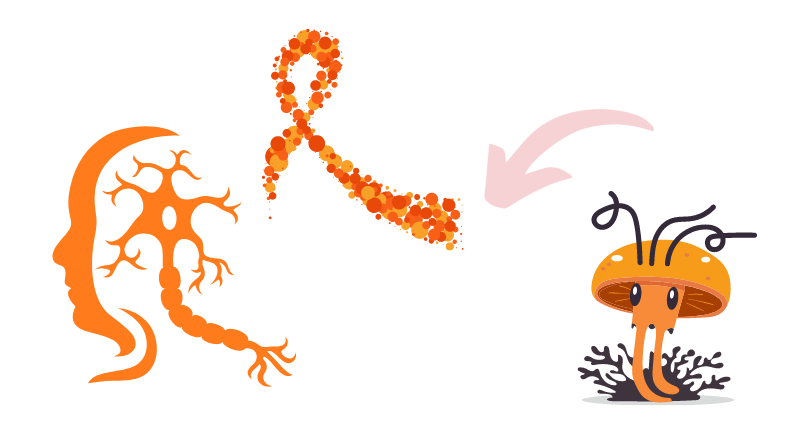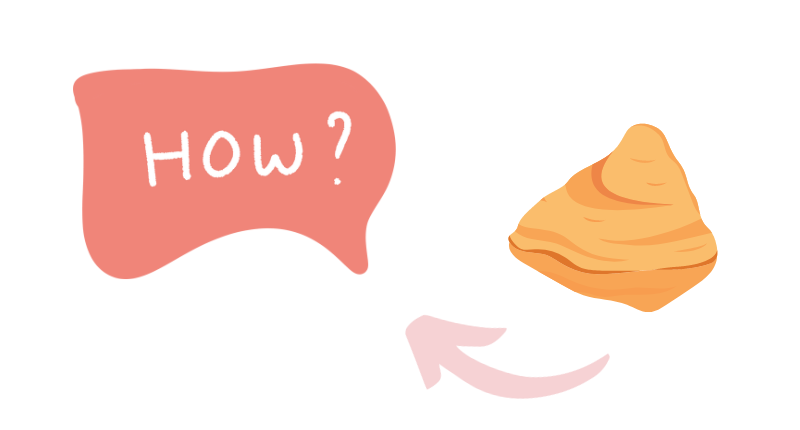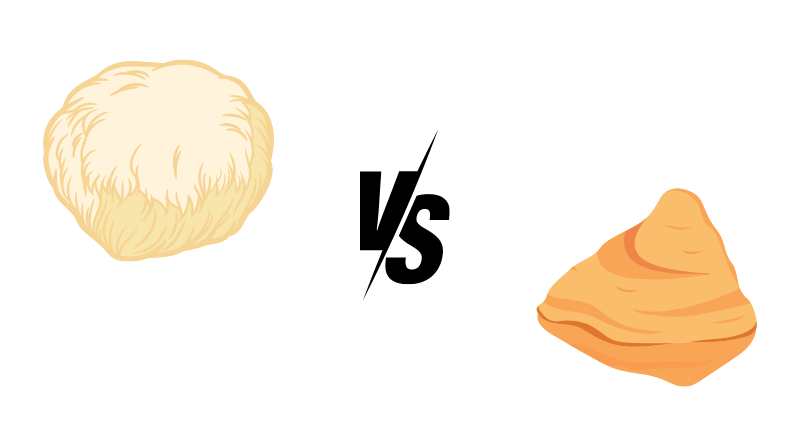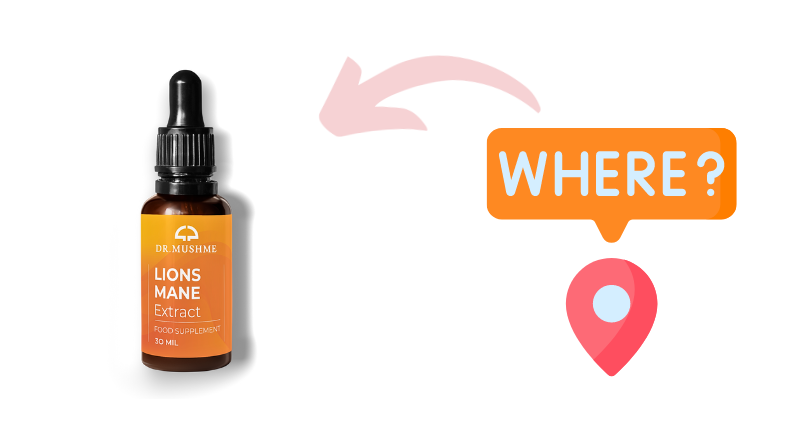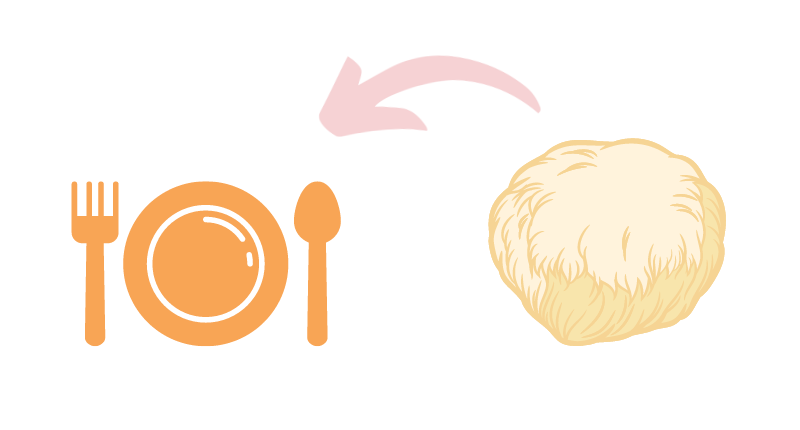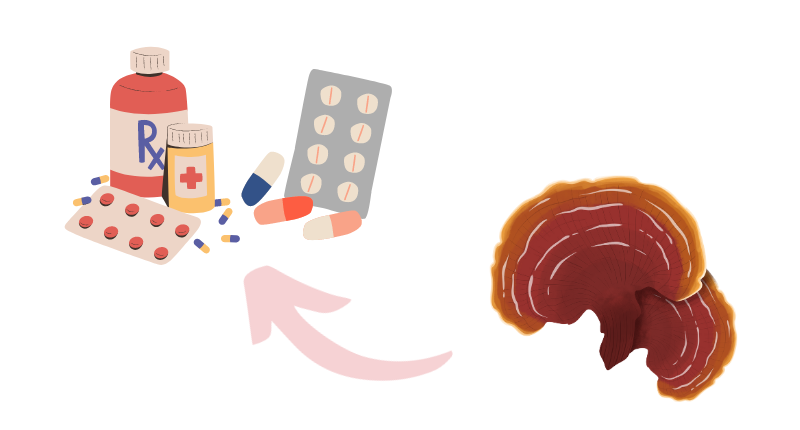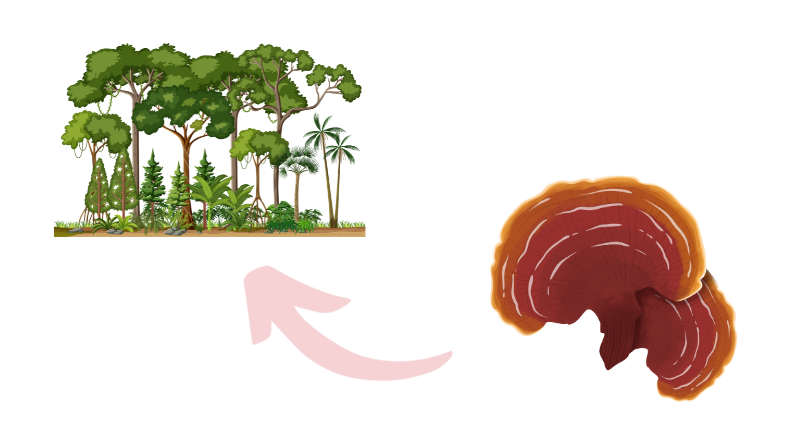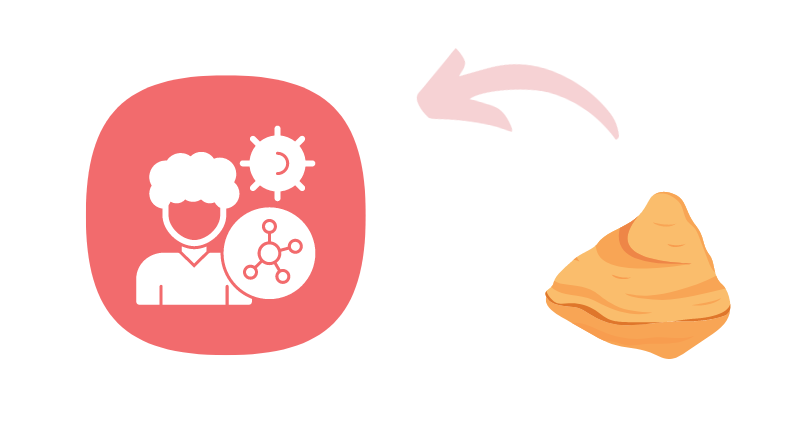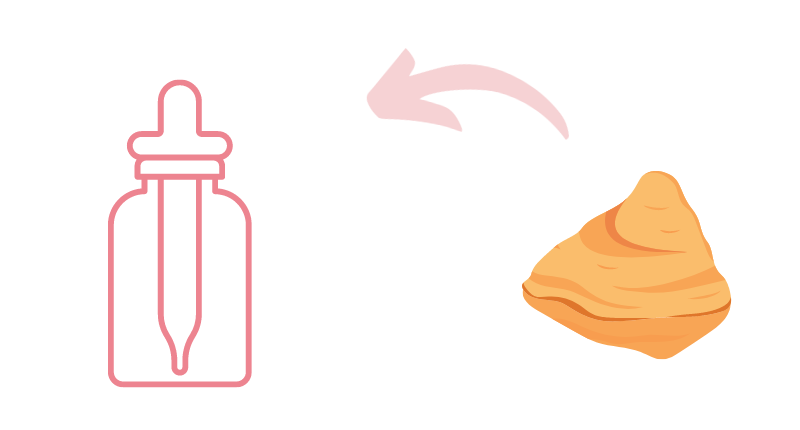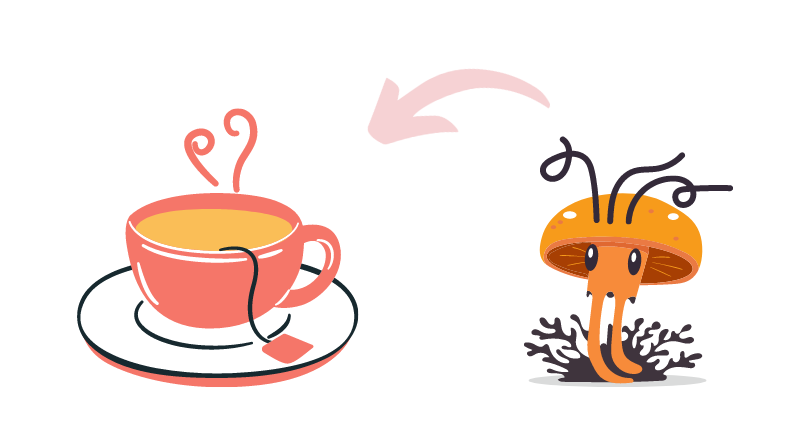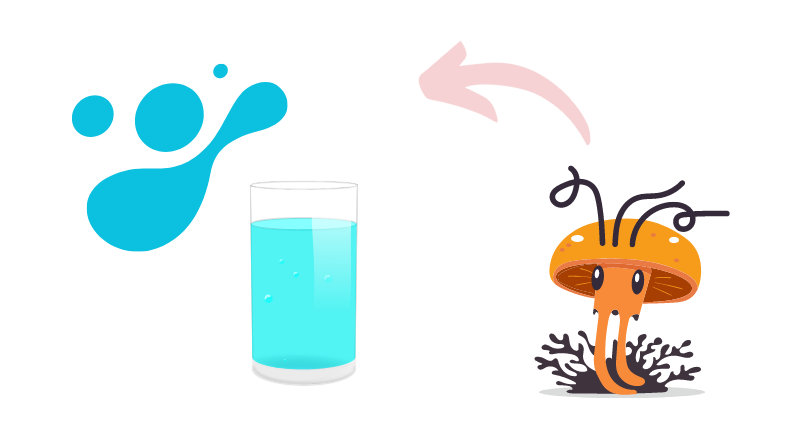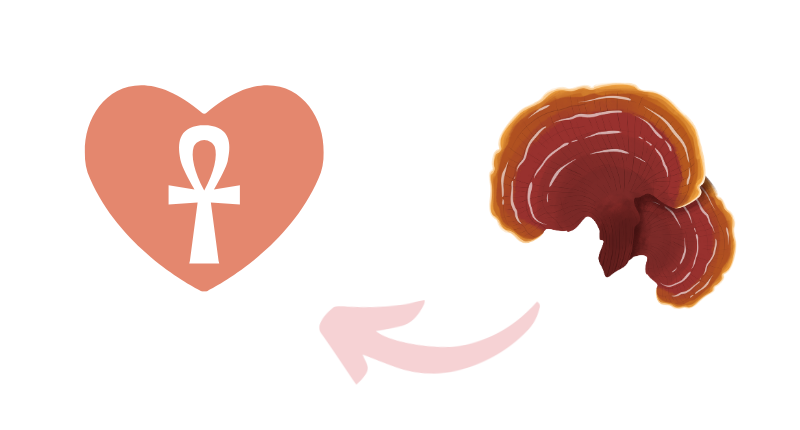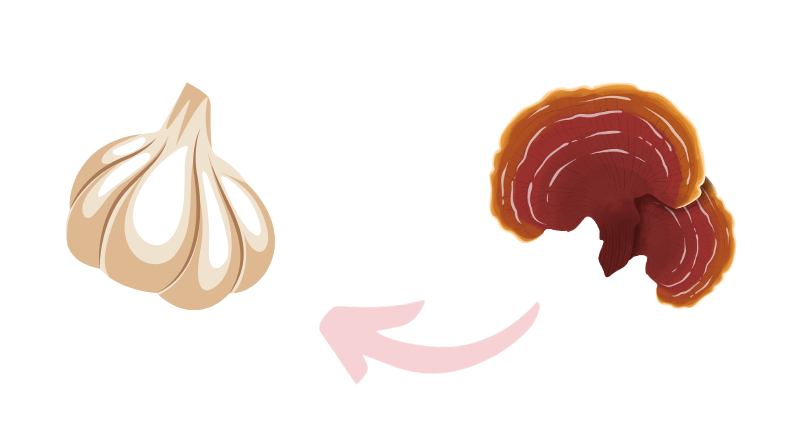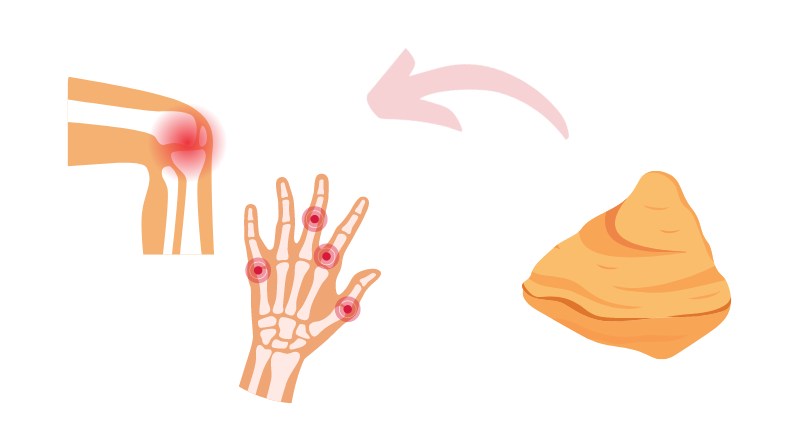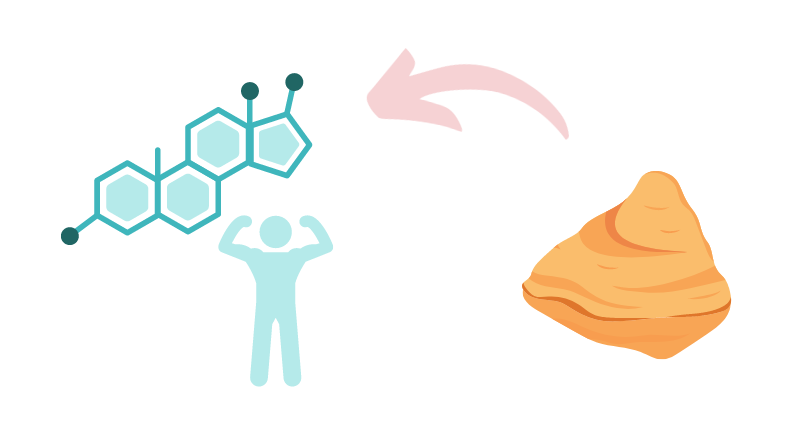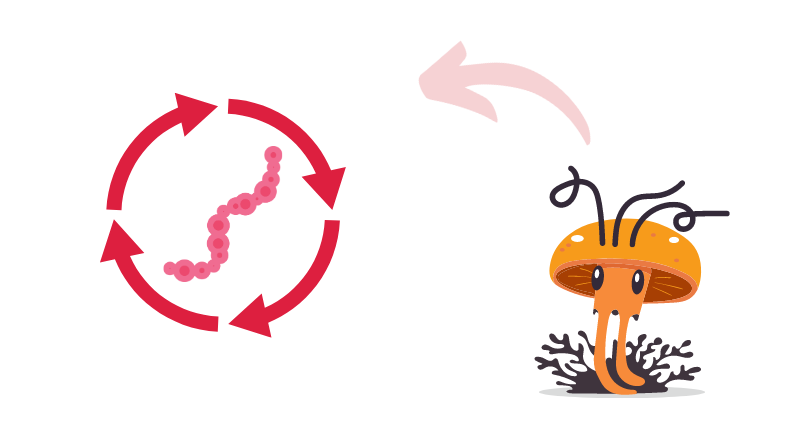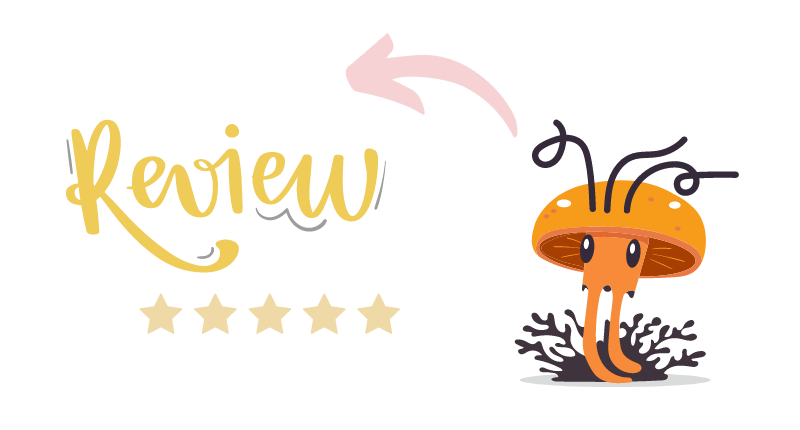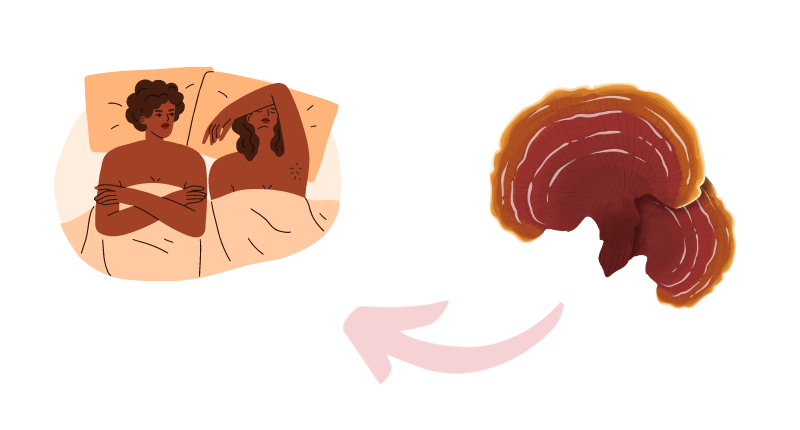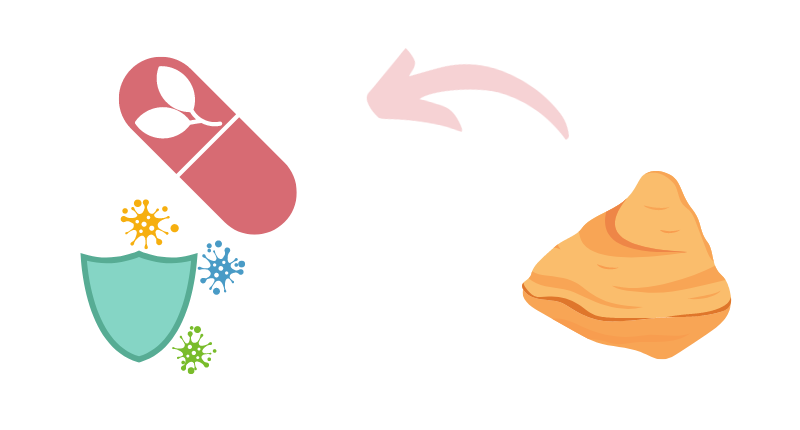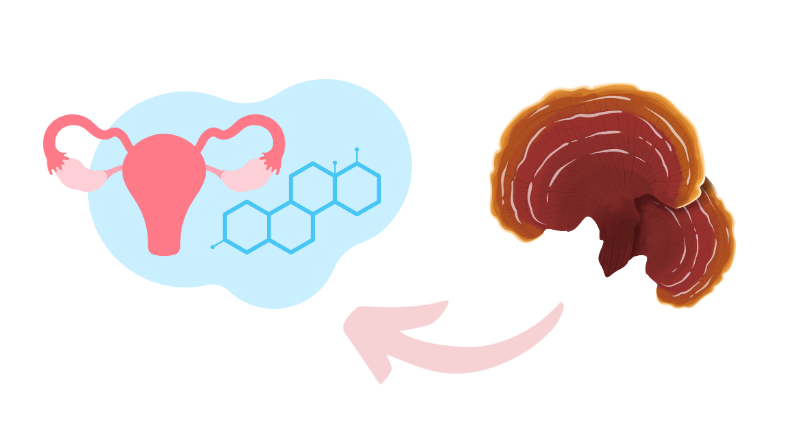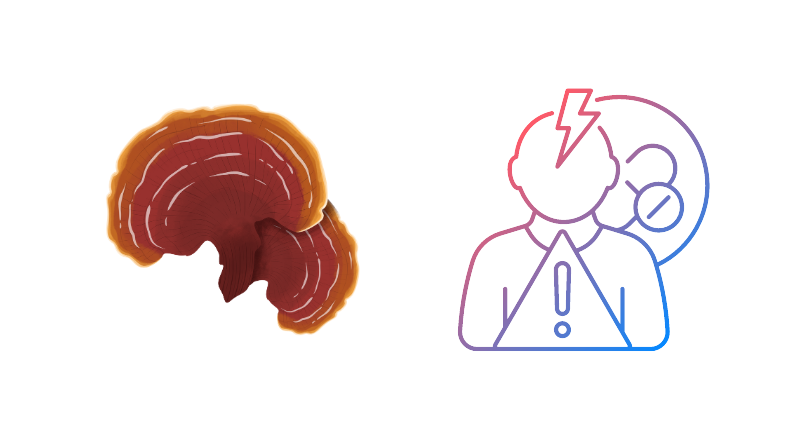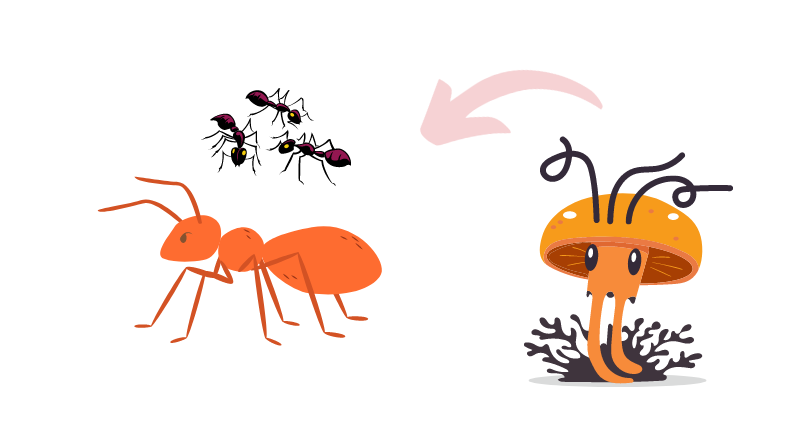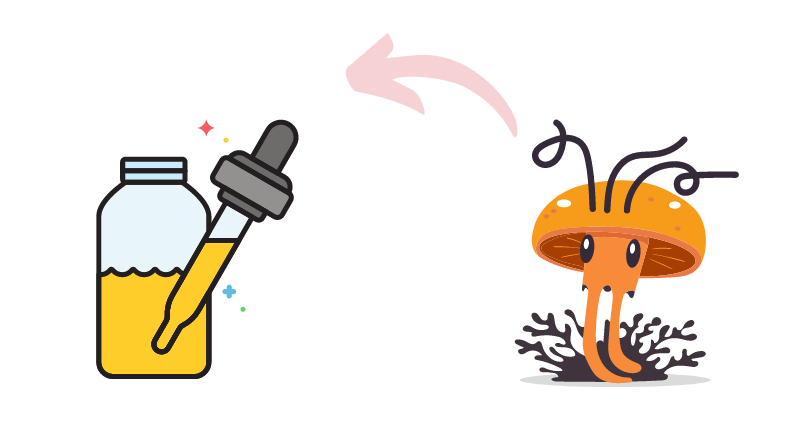Chronic diseases like multiple sclerosis (MS) have long plagued humanity. While there’s currently no definitive cure for MS, the pursuit of better treatments continues, and an interesting possible aid has emerged: Cordyceps Militaris, a unique fungus.
Cordyceps Militaris, a medicinal mushroom, has been revered for centuries in traditional medicine, particularly in Asia, for its purported health-boosting properties. The usage of this special mushroom, available as a tincture supplement here at Dr. Mush Me, a US e-commerce store, has caught the attention of modern science, especially in its potential benefits for those battling MS.
THE CHALLENGE OF MULTIPLE SCLEROSIS (MS)
Multiple sclerosis is a relentless autoimmune condition where the body’s immune system erroneously attacks its own myelin, the protective layer around nerve fibers, leading to inflammation and damage. As a result, the transmission of messages in the nervous system is disrupted.
Treatment for MS mainly involves disease-modifying therapies (DMTs) aimed at reducing the frequency and severity of attacks, and slowing down disease progression. Symptomatic treatments aim to manage symptoms and improve patient’s quality of life.
CORDYCEPS THROUGH THE AGES
Cordyceps has been used globally for hundreds of years due to its believed health-promoting properties. In traditional Chinese and Tibetan medicine, Cordyceps, often referred to as the “winter worm, summer grass,” has been used to address a multitude of health conditions such as respiratory disorders, renal dysfunction, liver disease, and even as an aphrodisiac.
Today, it is making its mark in Western herbalism, with researchers interested in understanding its potential applications better, one of which includes its role in managing autoimmune diseases like MS.
CORDYCEPS MUSHROOM & MULTIPLE SCLEROSIS
How could Cordyceps potentially help those with MS? The answer lies in the mushroom’s potential anti-inflammatory and immunomodulatory properties. The overactive inflammatory response in MS results in damage to the myelin sheath. Compounds in Cordyceps Militaris could potentially help suppress this overactive immune response.
Furthermore, Cordyceps Militaris contains bioactive compounds that may have neuro-protective effects, potentially safeguarding the nervous system from damage, which is particularly relevant in the context of MS.
NOOTROPICS & NERVOUS SYSTEM HEALTH
Nootropics are substances that could enhance cognitive function, particularly executive functions, memory, creativity, or motivation. The concept of using nootropics to improve neurological health is not new, and Cordyceps has been classified by some as a natural nootropic.
Cordyceps Militaris may have potential benefits to the nervous system, improving cognitive function and memory, and enhancing neuroprotection, which could be beneficial for those with MS.
Read More: Can Cordyceps Mushroom Help Combat Asthma?
USING THIS FUNGI
With the Cordyceps Militaris tincture from Dr. Mush Me, adding this fungus to your routine couldn’t be simpler. However, it’s essential to remember that any supplement should be taken under the guidance of a healthcare provider, especially for those with a condition like MS.
OTHER NATURAL METHODS FOR MANAGING MS SYMPTOMS
In addition to Cordyceps, other natural methods can help manage MS symptoms. These include regular physical exercise, a balanced diet rich in antioxidants and omega-3 fatty acids, adequate sleep, stress management techniques such as mindfulness and yoga, and vitamin D supplementation. Together, these lifestyle modifications can significantly impact managing MS symptoms.
HOW TO USE A TINCTURE
Adding Cordyceps Militaris to your health regimen is simple with Dr. Mush Me’s Cordyceps Militaris tincture. Simply take the recommended dose from the dropper provided daily and place under the tongue to absorb quickly. Take daily or every other day for best results. However, any supplement should be taken under the guidance of a healthcare provider, especially for those with MS.
THE PROMISE OF CORDYCEPS
Cordyceps Militaris, with its potential anti-inflammatory and neuroprotective properties, presents a promising prospect as an adjunct to MS treatment. It is important to remember that it is not a cure, but it may form part of a holistic treatment plan.
RESEARCH MOVING FORWARD
Research into Cordyceps Militaris’s potential role in managing MS is continually evolving. As our understanding deepens, we hope to uncover more conclusive evidence that supports its place in MS treatment.
In conclusion, Cordyceps Militaris may offer a natural way to support the management of MS. Alongside its potential anti-inflammatory and neuroprotective effects, it could be a valuable part of a comprehensive treatment plan for MS.
Please consult your healthcare provider before starting any new supplement.
Disclaimer: This article is intended for informational purposes only. It is not a replacement for professional medical advice, diagnosis, or treatment. Always consult your physician or other qualified health provider with any questions you may have regarding a medical condition.
REFERENCES:
- Wasser SP. The pharmacological potential of mushrooms. Evidence-based Complementary and Alternative Medicine. 2005;2(3):285-299. Available from: https://www.ncbi.nlm.nih.gov/pmc/articles/PMC1193547/
- Mayo Clinic. Multiple Sclerosis. Available from: https://www.mayoclinic.org/diseases-conditions/multiple-sclerosis/symptoms-causes/syc-20350269
- National MS Society. MS Treatment Options. Available from: https://www.nationalmssociety.org/Treating-MS/Medications
- Hirsch KR, Smith-Ryan AE, Roelofs EJ, Trexler ET, Mock MG. Cordyceps militaris improves tolerance to high-intensity exercise after acute and chronic supplementation. Journal of Dietary Supplements. 2017;14(1):42-53. Available from: https://jissn.biomedcentral.com/articles/10.1186/s12970-016-0124-4
- Li IC, Lee LY, Tzeng TT, Chen WP, Chen YP, Shiao YJ, Chen CC. Neurohealth Properties of Hericium erinaceus Mycelia Enriched with Erinacines. Behavioural Neurology. 2018;2018:5802634. Available from: https://www.ncbi.nlm.nih.gov/pmc/articles/PMC5987239/
- Mattson MP, Longo VD, Harvie M. Impact of intermittent fasting on health and disease processes. Ageing Research Reviews. 2017;39:46-58. Available from: https://www.ncbi.nlm.nih.gov/pmc/articles/PMC5411330/
- Li IC, Chen YL, Lee LY, Chen WP, Tsai YT, Chen CC, Chen CS. Evaluation of the toxicological safety of erinacine A-enriched Hericium erinaceus in a 28-day oral feeding study in Sprague-Dawley rats. Food and Chemical Toxicology. 2014;70:61-67. Available from: https://www.sciencedirect.com/science/article/pii/S0278691514001725
- Tindle HA, Davis RB, Phillips RS, Eisenberg DM. Trends in use of complementary and alternative medicine by US adults: 1997-2002. Alternative therapies in health and medicine. 2005;11(1):42-49. Available from: https://pubmed.ncbi.nlm.nih.gov/15712765/
- Pilkington K, Kirkwood G, Rampes H, Fisher P, Richardson J. Homeopathy for anxiety and anxiety disorders: a systematic review of the research. Homeopathy. 2006;95(3):151-162. Available from: https://pubmed.ncbi.nlm.nih.gov/16815519/
- Astin JA. Why patients use alternative medicine: results of a national study. JAMA. 1998;279(19):1548-1553. Available from: https://jamanetwork.com/journals/jama/fullarticle/187543

